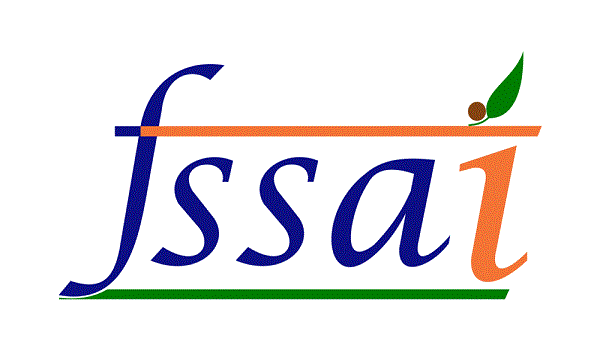In a significant move to enhance food safety, the Food Safety and Standards Authority of India (FSSAI) has proposed sweeping changes to its licensing framework for manufacturers of “high-risk” food products. Firms producing items such as infant formula, milk powders, packaged drinking water, and non-carbonated water-based beverages will soon be barred from operating under basic FSSAI registration.
Under the proposed guidelines issued on May 1, 2025, all manufacturers in these categories must upgrade to a State or Central License within six months—licenses that come with more stringent compliance protocols, technical oversight, and mandatory inspections.
FSSAI data reveals that over 12,000 manufacturers currently operate under basic registration in the affected segments. The food authority has cited safety concerns with the current system, which lacks key safeguards such as product testing, third-party audits, and hygiene standards.
“Basic registration is not suitable for products that require strict microbiological safety and precise formulation,” FSSAI stated, noting that items like infant nutrition demand closer scrutiny due to their vulnerability profile.
During the six-month transition window, businesses may continue using existing packaging and labelling. However, once the period ends, the Food Safety Compliance System (FoSCoS) portal will automatically revoke registration-based manufacturing rights for these product categories.
To further strengthen oversight, pre-license inspections will become mandatory for manufacturers of infant foods and water-based beverages—a practice already in place for dairy and mineral water units.
The regulatory tightening also holds implications for foreign food exporters and firms engaged in cross-border manufacturing. Former FSSAI director Pradip Chakraborty emphasized that overseas companies must ensure their Indian partners meet the upgraded licensing requirements.
“Exporters to India are held to the same regulatory standards as domestic businesses,” Chakraborty said. “This proposal reflects FSSAI’s serious commitment to food safety and consumer protection.”
Stakeholders have been invited to submit feedback on the proposed changes by May 31, after which the rules are expected to be finalized and implemented later this year.


